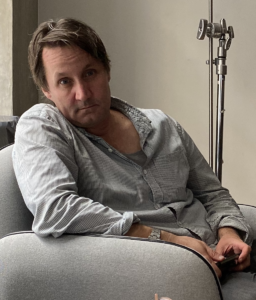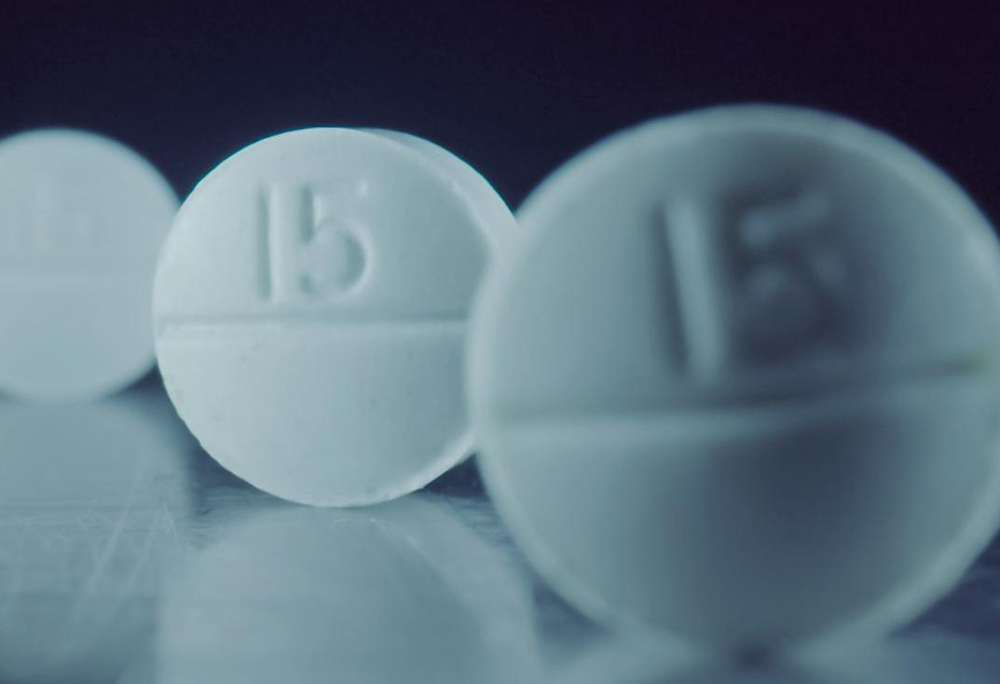Part of what works about this documentary is that it focuses its lens on many different types of people. Addicts, ex-drug dealers (all of whom went to jail save one), lawyers, and criminal investigators. It makes its case plainly (which is highly researchable…simply look up the proposed “punishments” Purdue’s Sackler family have garnered so far), showing how documents between pharmaceutical manufactures, pharmacies, and distributors hid inimical facts from the public under the guise of “competition.” But what is really alarming is the rationalizations these companies have used to avoid culpability completely; they look, and sound, like people without empathy who are simply defending a business model—even when that model has killed 700,000 people since 1999 while netting them billions.
Part of that business model, it seems, is entrenched class warfare, keeping the real reason for the opioid epidemic hidden from the public while simultaneously convincing people that their drugs aren’t bad, addicts just have a disease and are the real ones to blame. But if that were true—that their drugs aren’t addictive (truthfully they are addictive within 2 weeks)—then why their corporate strategies to sell anti-addiction drugs to these same patients? This is where “The Oxy Kingpins” shines, shedding a light on the inconsistencies that don’t add up until you have no choice but to be horrified by them.
One of the strong suits of the documentary is its interviewees all share a passion to stop this epidemic for various reasons. There’s Mike Papantonio, a lawyer who is pursuing class action suits (or RICO/Racketeer Influenced and Corrupt Organizations Act cases), who takes a personal stake in bringing these people to justice. And then there is a criminal investigator (known simply as Carol here), who was able to track dozens of instances of pharmacies asking for permission to be delivered above the allowed amount of opiates due to nonsensical reasons such as “it’s Thanksgiving weekend,” when in reality sealed documents show that both distributors and pharmacies knew selling these drugs was a goldmine, no matter who they hurt.
But what also works are the truly heartfelt and sad admissions of the criminal life many of the lower players in this film have experienced. Alex went to jail for 8 years; another for 2. Alex recounts he knew what he was doing was wrong (he now works with Papantonio to help right those wrongs for others), and admits, wholeheartedly that he deserved what happened to him while asking the question: but why doesn’t it happen to those who created it? ‘Doug,’ a drug dealer who quit before he was arrested, offers one of the most heartbreaking pieces in the film as he recounts that thousands of people got away with murder…including himself…and it bothers him to think of himself like that, but he has no choice to. That stayed with me; how does an admission that stark pain him so—compared to those who run McKesson, who admit no fault whatsoever?

To be successful, documentaries must have a point, or a purpose. It’s clear watching “The Oxy Kingpins” that purpose is first and foremost awareness, but also outrage. The filmmakers accomplish this deftly by showing, through facts, interviews, and admissions the devastation these drugs have caused. It’s a call to action to understand, and it handles that job very well.
The rest of the production—from the cinematography to the score to the editing is crisp and tight. One thing Directors Brendan Fitzgerald and Nick August-Perna do is to humanize Papantonio. We see him in his day-to-day routine, sometimes tough, sometimes, kind; but we really understand why he is doing this. Alex is brushed with the same treatment. These are people who care, and in watching them work, it makes us care. It also makes you question how many of these things we take for granted. You may not initially understand the seriousness of this thing; but when an ex-user states that MDs are prescribing more than enough Oxy to kill 10 terminal cancer patients for a guy that has a twisted ankle, it makes you ask why? There’s of course many whys: threats of being labeled a bad doctor by governing bodies, peer pressure, patient pressure, threatening of pulled funding, etc. But the point of “The Oxy Kingpins” is that these people are just cogs in a wheel; the real perpetrators, the “top of the food chain” the DEA so willfully ignores, are the white collar criminals they consider to be upstanding members of society.
“The Oxy Kingpins” is a hard documentary. It’s impossible to not watch this film and be affected. It covers a range of topics from greed to addiction to preying on people in poverty, and it’s only real criticism is it doesn’t offer many answers. But, at the end of the day, it’s not its job to; it’s all of our jobs, as a society, to determine how we want that society to be. Certainly one of the most insightful documentaries I’ve seen in a while, “The Oxy Kingpins” deserves to be seen by all.
*”The Oxy Kingpins” premiered at SXSW on March 16th and will be available for viewing by press and ticket holders until March 21 at 1 AM CST.


